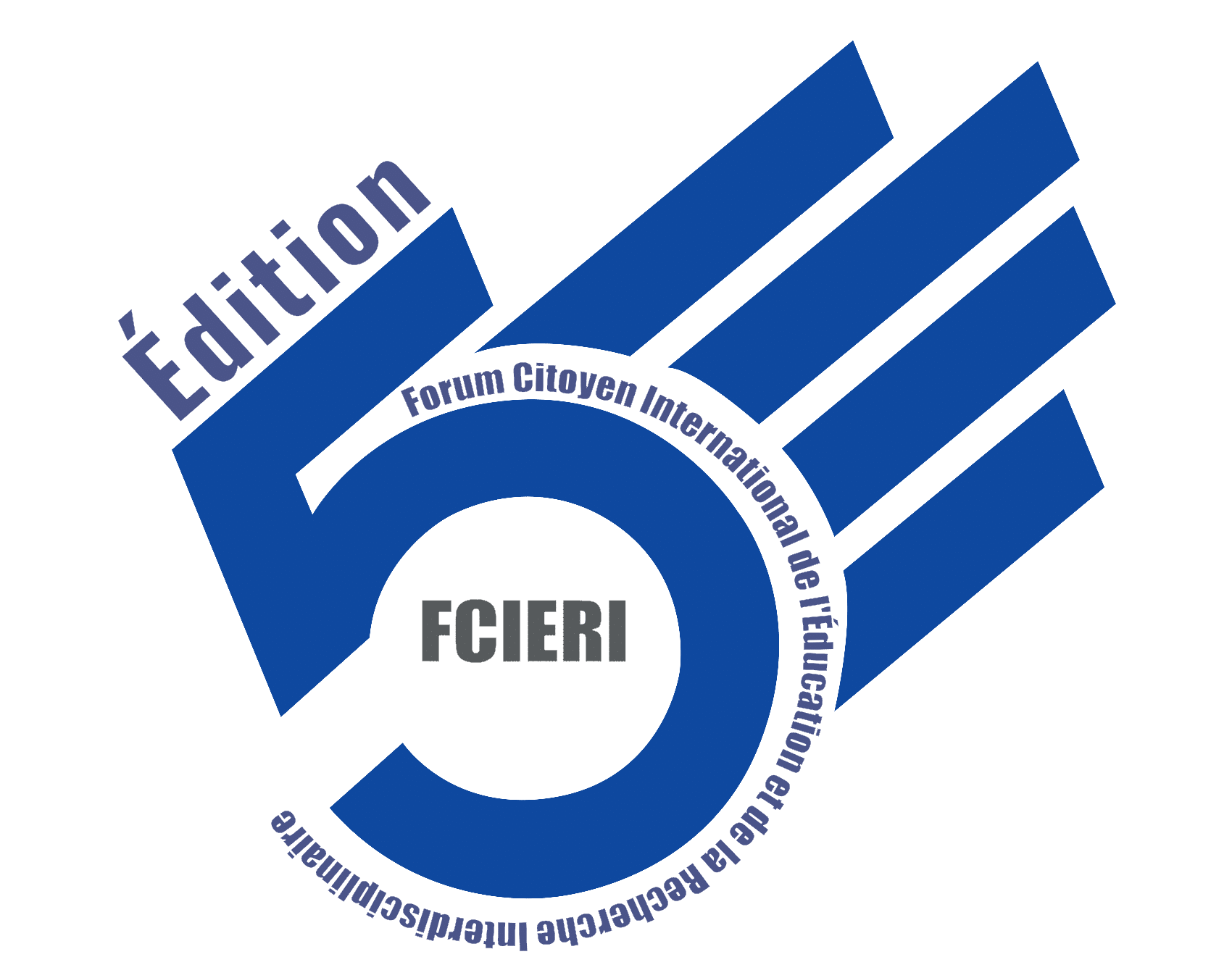Medical students’ perception regarding distance learning during the COVID-19 lockdown.
Background and purpose
The general confinement, during the epidemic of Covid-19 imposed many changes for an adaptation that guaranteed the continuity of services. Indeed, distance learning was the solution to ensure pedagogical continuity for students. It is in this context that this work was conducted in order to describe the perceptions of students of the FMSo regarding distance learning during confinement.
Methods
A cross-sectional study was conducted during April 2020 among FMSo students. Data were collected using an online questionnaire published on the platform of the FMSo. Perceived student stress level and other variables were assessed using a scale of 0 to 10. Perceived social support was assessed using the 10-item Social Provisions Scale (SPS-10).
Results
Of the 1554 registered students, 533 participated to the study (Participation Rate = 34.3%). Among the respondents, 61.7% felt that their distance learning conditions during lockdown were not suitable. Among the respondents, 10.7% reported having problems related to Information Technology equipment and for 16.5% the performance of internet connection was poor, limiting access to the platform. During their distance learning activities, communication with teachers was done via the platform’s forums (40.80%). The follow-up of the distance learning by the teachers was considered perfectly to moderately optimal by 56.4% of the respondents. Satisfaction with the resources available to ensure pedagogical continuity was judged moderately to extremely satisfactory by 38.7% of students. The mean of the perceived student stress level was 6 ± 2.4. This stress was significantly associated with perceived unsuitable distance learning conditions and satisfaction with educational continuity resources (p<10-3). The mean of SPS-10 was 19.1 ± 6.3.
Conclusions
This study showed some difficulties and shortcomings perceived by the students regarding distance learning. Appropriate corrective measures were taken involving the efforts of the administration and teachers staff and the students.

 Le Forum mondial sur l’éducation, tenu en mai 2015 à Incheon sous l’égide de l’UNESCO et ses partenaires, s’est conclu par la Déclaration d’Incheon pour l’Éducation 2030, un engagement historique de transformer la vie grâce à une nouvelle vision de l’éducation et à des actions courageuses et innovantes pour la réaliser. Le Cadre d’action Éducation 2030, qui établit cette nouvelle vision de l’éducation pour les 15 années à venir, a été adopté par plus de 180 états membres de l’UNESCO. Quatre ans plus tard, à la 9e Réunion mondiale de la Consultation collective des ONG pour Éducation 2030 (CCONG-Éducation 2030), qui s’est tenue en Tunisie en 2019, les organisations participantes ont affirmé que le monde est confronté à une crise éducative, causée par un manque de volonté politique, une faible priorisation de l’éducation et un financement insuffisant. De plus, elles ont constaté une tendance croissante à la commercialisation de l’éducation, ce qui contribue à creuser davantage les inégalités. Les systèmes éducatifs mondiaux ne semblaient pas respecter l’engagement pris dans le programme Éducation 2030. Le ministre de l’Éducation de la Tunisie d’alors avait, à la même occasion, souligné que la plupart des pays n’avancent pas suffisamment pour atteindre les objectifs fixés pour 2030. Il a appelé à une reconnaissance de l’importance stratégique de l’éducation pour toutes les nations et a encouragé la société civile à jouer un rôle majeur dans la mobilisation pour y parvenir.
Le Forum mondial sur l’éducation, tenu en mai 2015 à Incheon sous l’égide de l’UNESCO et ses partenaires, s’est conclu par la Déclaration d’Incheon pour l’Éducation 2030, un engagement historique de transformer la vie grâce à une nouvelle vision de l’éducation et à des actions courageuses et innovantes pour la réaliser. Le Cadre d’action Éducation 2030, qui établit cette nouvelle vision de l’éducation pour les 15 années à venir, a été adopté par plus de 180 états membres de l’UNESCO. Quatre ans plus tard, à la 9e Réunion mondiale de la Consultation collective des ONG pour Éducation 2030 (CCONG-Éducation 2030), qui s’est tenue en Tunisie en 2019, les organisations participantes ont affirmé que le monde est confronté à une crise éducative, causée par un manque de volonté politique, une faible priorisation de l’éducation et un financement insuffisant. De plus, elles ont constaté une tendance croissante à la commercialisation de l’éducation, ce qui contribue à creuser davantage les inégalités. Les systèmes éducatifs mondiaux ne semblaient pas respecter l’engagement pris dans le programme Éducation 2030. Le ministre de l’Éducation de la Tunisie d’alors avait, à la même occasion, souligné que la plupart des pays n’avancent pas suffisamment pour atteindre les objectifs fixés pour 2030. Il a appelé à une reconnaissance de l’importance stratégique de l’éducation pour toutes les nations et a encouragé la société civile à jouer un rôle majeur dans la mobilisation pour y parvenir.